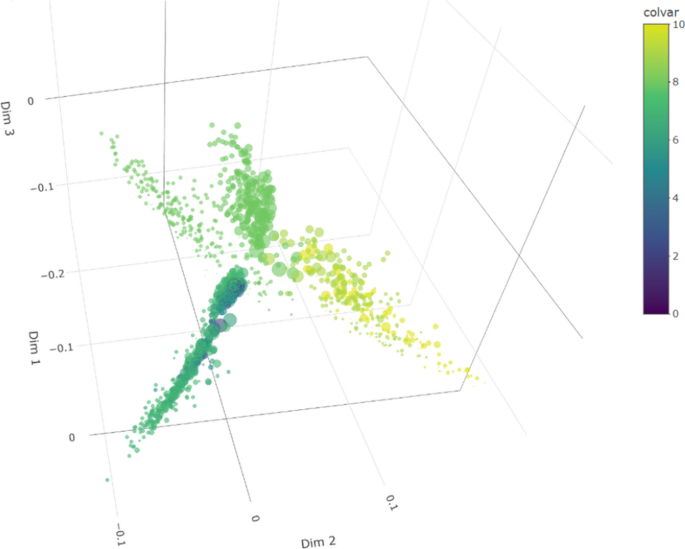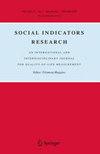工作满意度和“大辞职”:一个探索性的机器学习分析
IF 2.8
2区 社会学
Q1 SOCIAL SCIENCES, INTERDISCIPLINARY
引用次数: 0
摘要
劳动力市场的动态受到各种社会、心理和经济因素的影响。研究表明,辞职和劳动力市场流动与工作满意度有关。本研究使用大型调查数据集,即LISS工作和学校教育模块,对来自荷兰的广泛样本进行了调查,探讨了工作满意度的决定因素。为了处理这些大数据,采用了基于二元递归划分算法的机器学习模型。特别是,序列和随机树技术用于预测和聚类目的。为了解释研究结果,本研究基于合作博弈论中的Shapley值概念计算模型特征效应的大小和方向。研究结果表明,对同事之间的社会氛围的满意度、对工资的满意度和被欣赏的感觉是工作满意度的主要决定因素。本文章由计算机程序翻译,如有差异,请以英文原文为准。

Job Satisfaction and the ‘Great Resignation’: An Exploratory Machine Learning Analysis
Abstract Labor market dynamics is shaped by various social, psychological and economic drivers. Studies have suggested that job quit and labor market turnover are associated with job satisfaction. This study examines the determinants of job satisfaction using a large survey dataset, namely the LISS Work and Schooling module on an extensive sample of persons from the Netherlands. To handle these big data, machine learning models based on binary recursive partitioning algorithms are employed. Particularly, sequential and randomized tree-based techniques are used for prediction and clustering purposes. In order to interpret the results, the study calculates the sizes and directions of the effects of model features using computations based on the concept of Shapley value in cooperative game theory. The findings suggest that satisfaction with the social atmosphere among colleagues, wage satisfaction, and feeling of being appreciated are major determinants of job satisfaction.
求助全文
通过发布文献求助,成功后即可免费获取论文全文。
去求助
来源期刊

Social Indicators Research
Multiple-
CiteScore
6.30
自引率
6.50%
发文量
174
期刊介绍:
Since its foundation in 1974, Social Indicators Research has become the leading journal on problems related to the measurement of all aspects of the quality of life. The journal continues to publish results of research on all aspects of the quality of life and includes studies that reflect developments in the field. It devotes special attention to studies on such topics as sustainability of quality of life, sustainable development, and the relationship between quality of life and sustainability. The topics represented in the journal cover and involve a variety of segmentations, such as social groups, spatial and temporal coordinates, population composition, and life domains. The journal presents empirical, philosophical and methodological studies that cover the entire spectrum of society and are devoted to giving evidences through indicators. It considers indicators in their different typologies, and gives special attention to indicators that are able to meet the need of understanding social realities and phenomena that are increasingly more complex, interrelated, interacted and dynamical. In addition, it presents studies aimed at defining new approaches in constructing indicators.
 求助内容:
求助内容: 应助结果提醒方式:
应助结果提醒方式:


